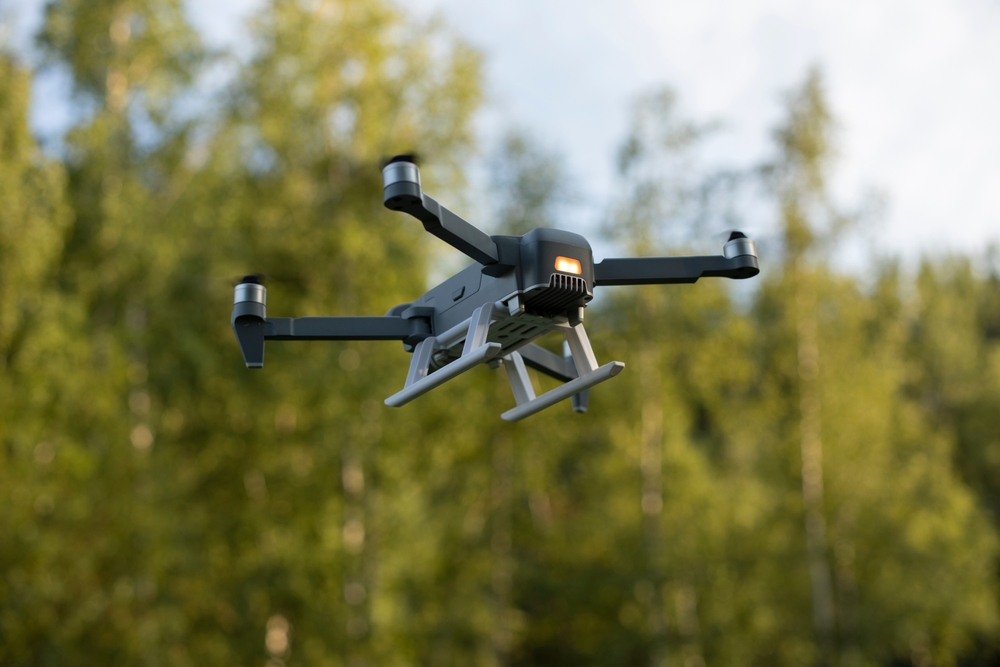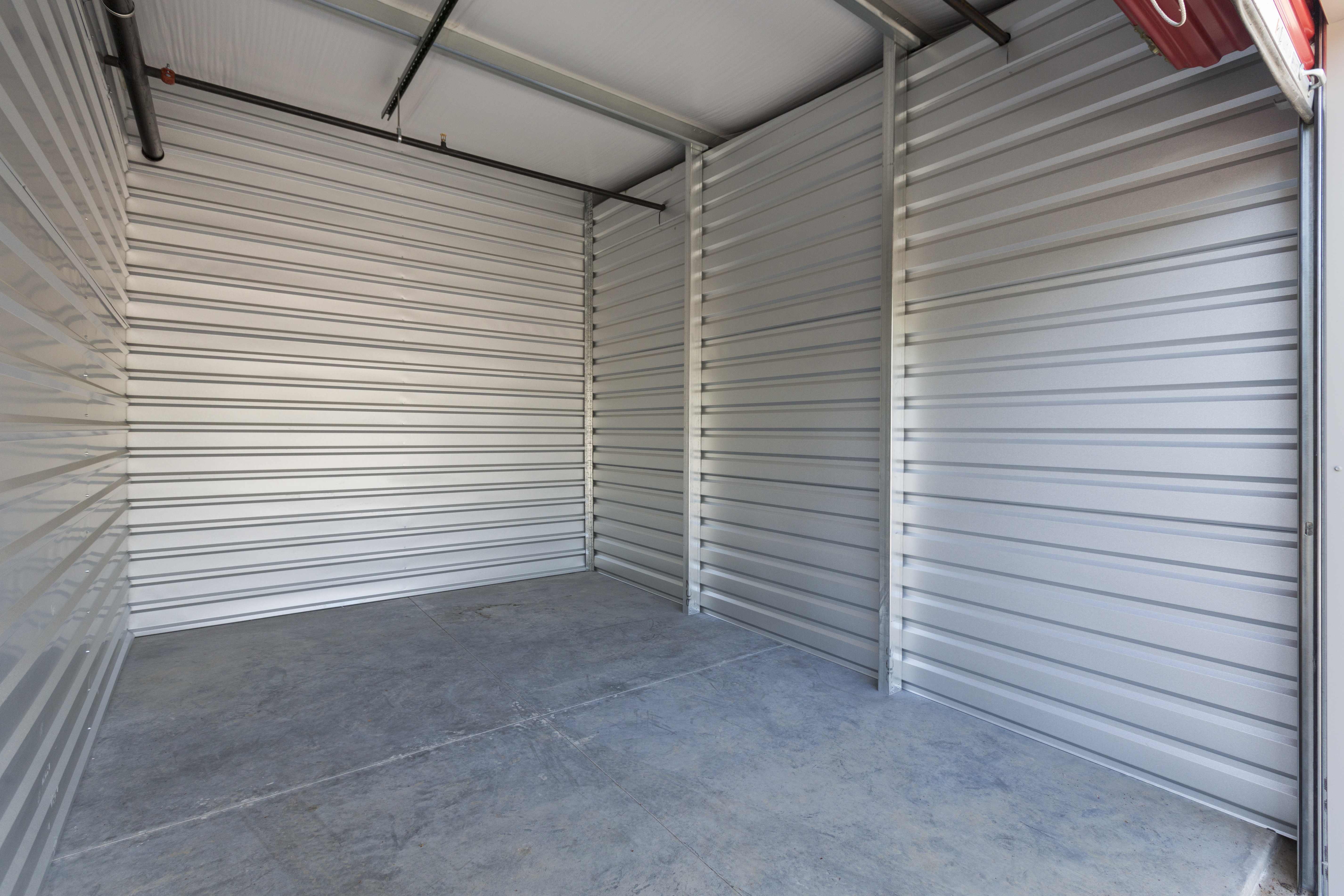Drone Pilot Training for Industrial Inspection Careers
A drone operator for industrial inspections is responsible for safely piloting drones to examine structures such as pipelines, power lines, and construction sites. The role involves capturing detailed imagery, ensuring data accuracy, and helping identify maintenance or safety issues efficiently.

How to Become a Drone Operator for Industrial Inspections
Becoming a certified industrial drone operator requires several key steps and qualifications. First, you must obtain a Remote Pilot Certificate from the Federal Aviation Administration by passing the Part 107 exam, which covers airspace regulations, weather patterns, and flight operations. This foundational certification allows commercial drone operations but represents just the beginning of specialized industrial training.
Industrial-specific skills require additional coursework covering thermal imaging, photogrammetry, and data analysis techniques. Many operators pursue specialized certifications in confined space inspections, bridge assessments, or power line monitoring. Hands-on experience with various drone platforms, sensors, and software applications becomes crucial for career advancement in this technical field.
Industrial Inspection Drone Operator Jobs Overview
The job market for industrial drone operators continues expanding as companies recognize the value of aerial inspection technology. Major employers include energy companies, construction firms, telecommunications providers, and specialized inspection service companies. These positions often involve traveling to various job sites, conducting detailed aerial surveys, and producing comprehensive inspection reports.
Typical responsibilities include pre-flight planning, equipment maintenance, data collection, and post-flight analysis. Operators must understand industry-specific regulations, safety protocols, and quality standards. Many positions require additional skills like confined space certification, rope access training, or specialized sensor operation depending on the specific industrial application.
Industrial Drone Operator Career Opportunities
Career paths in industrial drone operations offer diverse advancement opportunities. Entry-level positions typically focus on basic inspection services, while experienced operators can specialize in complex applications like structural analysis, environmental monitoring, or emergency response operations. Senior roles often involve training other operators, developing inspection protocols, or managing drone programs for large organizations.
Entrepreneurial opportunities exist for operators who establish independent inspection services or consulting businesses. Many successful professionals combine drone operations with complementary skills like engineering, photography, or data analysis to create specialized service offerings. Geographic flexibility allows operators to work in various industries and locations, from offshore oil platforms to urban construction projects.
Training Program Options and Costs
Professional drone pilot training programs vary significantly in scope, duration, and pricing. Basic Part 107 certification courses typically range from $150 to $500, while comprehensive industrial training programs can cost $2,000 to $8,000 depending on specialization areas and hands-on components.
| Training Provider | Program Type | Cost Estimation |
|---|---|---|
| Drone Pilot Ground School | Part 107 + Industrial Basics | $299 - $599 |
| UAV Coach | Comprehensive Industrial Training | $1,500 - $3,000 |
| Pilot Institute | Advanced Industrial Specialization | $2,500 - $5,000 |
| Local Aviation Schools | Custom Industrial Programs | $3,000 - $8,000 |
Prices, rates, or cost estimates mentioned in this article are based on the latest available information but may change over time. Independent research is advised before making financial decisions.
Essential Skills and Equipment Knowledge
Successful industrial drone operators must master both technical and analytical skills. Technical competencies include flight planning software, GPS navigation systems, and various sensor technologies like thermal cameras, LiDAR, and high-resolution imaging equipment. Understanding data processing software, cloud storage systems, and reporting tools enables operators to deliver comprehensive inspection services.
Soft skills prove equally important, including attention to detail, problem-solving abilities, and effective communication with clients and team members. Industrial environments often present challenging conditions requiring adaptability, safety consciousness, and the ability to work under pressure while maintaining accuracy and professionalism.
Industry Outlook and Salary Expectations
The industrial drone inspection market continues growing steadily, driven by aging infrastructure, safety regulations, and cost reduction initiatives. Entry-level operators typically earn $40,000 to $60,000 annually, while experienced professionals can command $70,000 to $100,000 or more depending on specialization and geographic location.
Freelance operators often charge $100 to $300 per hour for specialized inspection services, with daily rates reaching $800 to $1,500 for complex projects. Career longevity depends on continuous learning, technology adaptation, and maintaining current certifications as regulations and equipment evolve in this dynamic industry.
Professional drone pilot training for industrial inspections offers a pathway to a rewarding career in a growing technology sector. Success requires dedication to ongoing education, safety excellence, and developing specialized expertise in specific industrial applications. The combination of technical skills, regulatory knowledge, and industry experience creates opportunities for stable employment and entrepreneurial ventures in this evolving field.




